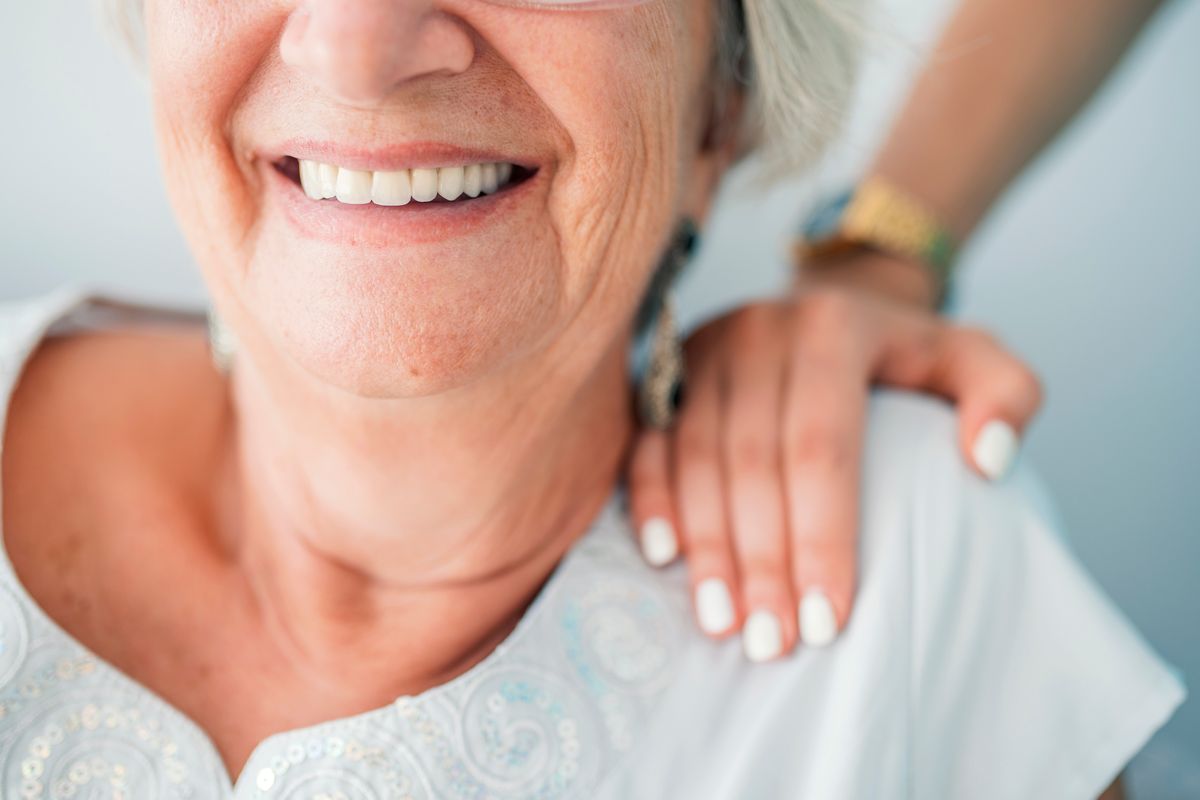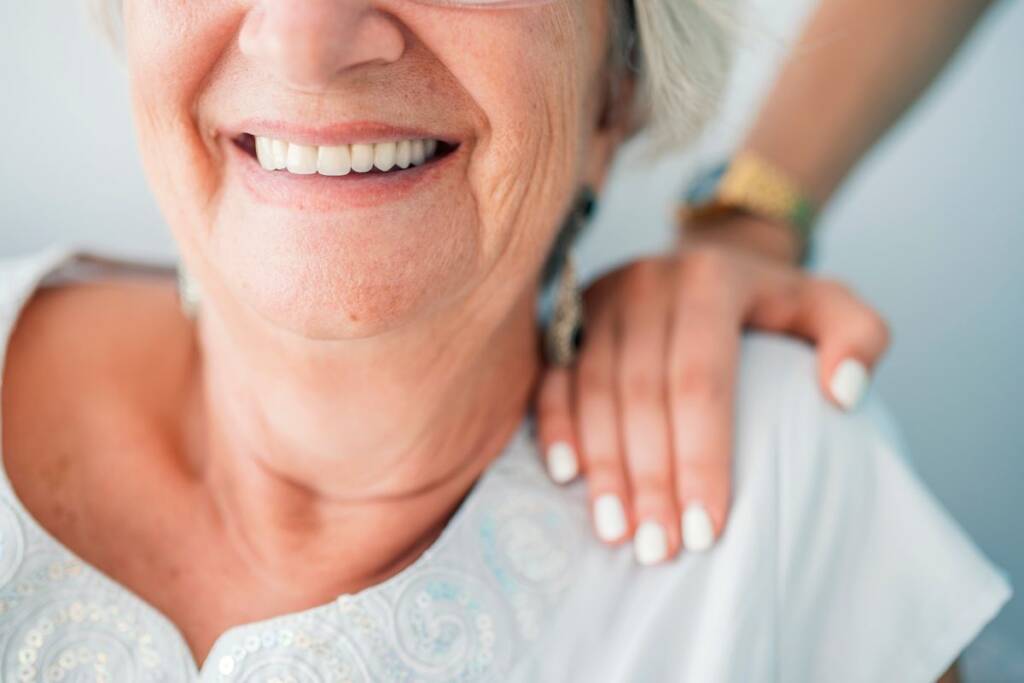Health
What is meant by aging: symptoms and different types

The symptoms of aging, the differences between premature and cerebral aging and how to manage this stage of life.
As we age, our bodies undergo many changes. We may find that we are unable to do some things as easily as we once did. This is perfectly normal . With a little patience and perseverance, we can learn to adapt to the changes our body is going through and continue enjoying life. Because getting old isn't necessarily bad. But what are the symptoms that can make us understand the arrival of aging? And what is meant by premature and cerebral aging? Let's find out together what you need to know.
Symptoms of aging
Everyone gets older, but not everyone experiences the same symptoms. Some of the most common are decreased energy , difficulty sleeping, weight gain, decreased muscle mass and bone density. As we age, it becomes more difficult to maintain our health and well-being. However, there are some things we can do to prevent or delay these symptoms. For example, we can exercise regularly , eat a healthy diet and get enough sleep. We can also take supplements that help maintain healthy bones and muscles. If you are experiencing any of the symptoms of aging, it is still best to consult your doctor. There may be ways to manage this new stage in our life.

What is premature aging?
Premature aging (also referred to as accelerated aging) is the appearance of symptoms related to aging before an individual reaches the expected age. This type of aging can be caused by genetic factors, lifestyle choices, or even environmental factors.
While the effects of premature aging are not life threatening, they can be very distressing and can also lead to a number of difficult-to-manage problems .
There are some symptoms associated with premature aging that can put us on the alert. These include the appearance of wrinkles on the skin, hair thinning, age spots, dry skin and a decrease in the production of natural oils and sweat.
Accelerated aging can also lead to weakening of the bones, a decline in cognitive function, and an increased risk of developing age-related diseases such as dementia and Alzheimer's disease. There is no single answer to the question of how to prevent this type of aging, as the causes can be different for each individual. However, there are a number of things that can be done to reduce the risk of developing premature aging symptoms, including eating a healthy diet, exercising regularly, avoiding smoking and excessive alcohol consumption, and protecting the skin. from the sun.
Brain aging: definition
Another type of aging to which attention must be paid is that of the brain. The brain typically shrinks with age. This can lead to a loss of brain cells which can make it less efficient at sending and receiving messages. As we age, it also becomes more difficult to learn new things and remember information.
The brain's ability to process information slows down and we may find it harder to focus on tasks. Our emotions can also change over time. We may become more irritable , for example, or less able to handle stress. While these changes can be frustrating, it is important to remember that they are normal and common.
But can anything be done to try to avoid this process? In fact, some things might help us. It's important to stay active and involved . The more we use the brain, the better it will work. Puzzles, games, and other mentally stimulating activities can help keep your brain fit. It is also important to eat a healthy diet , with lots of fruits and vegetables, omega-3 fatty acids and antioxidants. Finally, it is important to remain sociable and active in your community. Friends and family can provide support and social connections that are important to mental health. The brain is an amazing organ and it continues to change and grow throughout life. By taking care of our brain and keeping it active, we can enjoy a long and healthy life.
Riproduzione riservata © - WT











